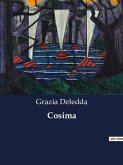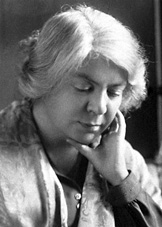Dopo la morte della vecchia donn'Anna, sistemati gli affari, Paolo Velèna prese con sè la piccola nipote e, com'era stabilito, la condusse ad Orolà, presso la sua famiglia. Orolà è una piccola sotto-prefettura sarda, nella provincia di Sassari. Città fiorentissima sotto i Romani, decaduta poi per le scorrerie dei Saraceni, risorse sotto il dominio dei Barisone, giudici o re di Torres, e si mantenne forte sino all'abolizione dei feudi in Sardegna, avvenuta nella prima metà di questo secolo. Nel censimento delle popolazioni sarde, fatto da Arrius, illustre ploaghese che visitò le 42 città dell'isola ai tempi del console Marco Tullio Cicerone (116-43 a. C), Orolà figurava per centomila abi...









